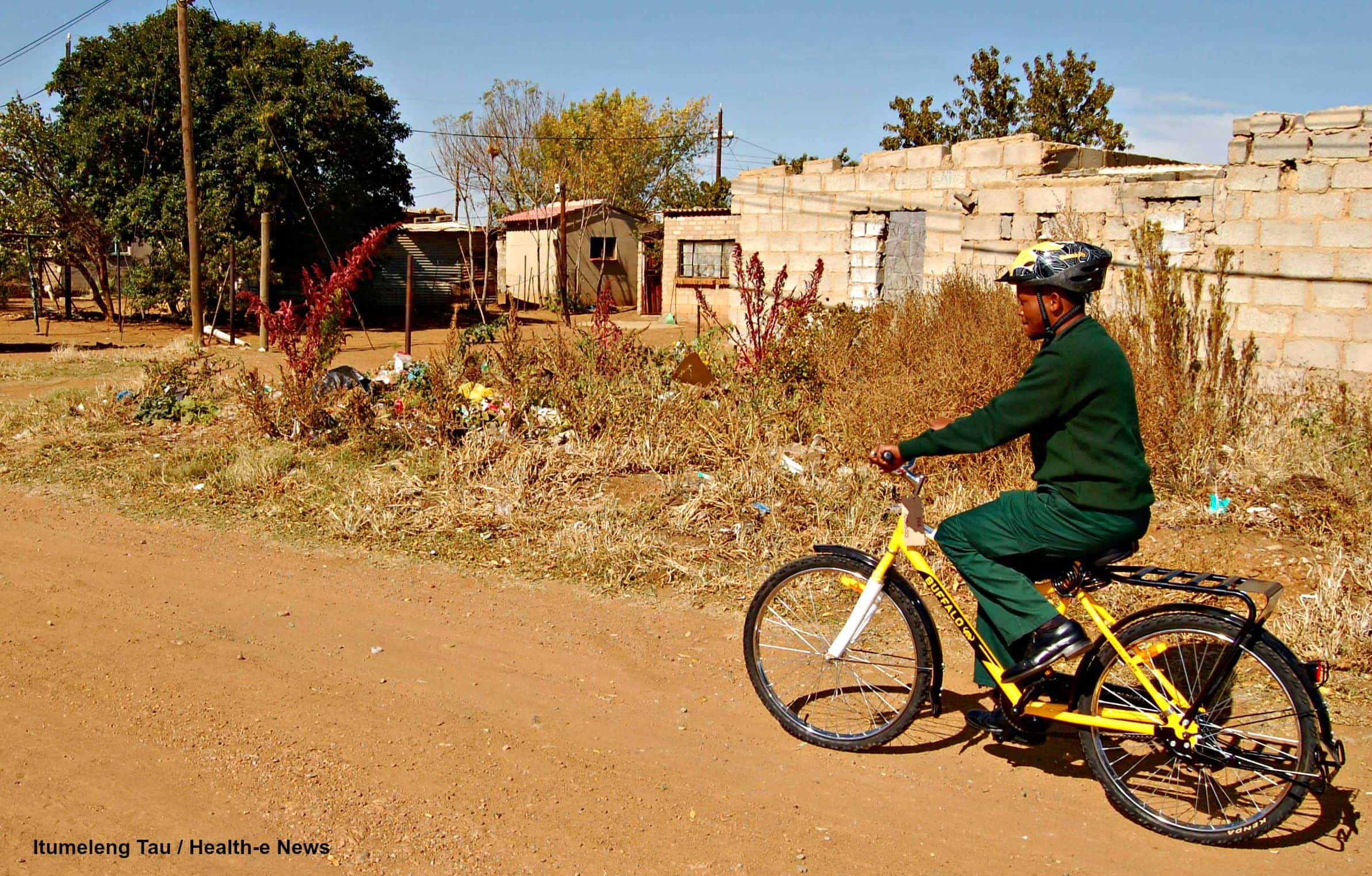Opinion: Going too far with GMOs, ‘toxic’ chemicals


South Africa is the only country in the world where the staple diet comes from genetically modified crops. Many like those is the Eastern Cape’s OR Tambo Distict have no choice but to eat genetically modified food when all the main brands of maize meal sold are produced from genetically modified crops.
Concerned residents of the Eastern Cape’s Port St. Johns in the O.R Tambo District recently joined a global 23 May protest against chemical glyphosate herbicides and genetically modified organisms (GMOs). People took to the streets in Port St Johns to protest, targeting the multi-billion dollar American company Monsanto – the leading producer of glyphosate-based herbicide “Round-up” and the largest producer of genetically-engineered seeds.
In March, the World Health Organisation announced that the glyphosate used in herbicides was “probably carcinogenic to humans.” The findings of a WHO expert panel were based largely on convincing evidence from tests conducted on laboratory animals and research conducted largely on agricultural workers exposed to glyphosate-based herbicides.
Locally, the African Centre for Biosafety has also done extensive research into the adverse affects of glyphosate on human health, the environment and water safety.
Port St. John’s resident Mawethu Kunyu said he was marching to protect his infant daughter from the chemical after an American group reportedly found traces of the chemical in women’s breast milk in a small, pilot study.
There is much confusion concerning the potential health risks of GMOs. Many studies that assure GMOs are safe for human consumption are not sufficiently diversified to compensate for bias. Concerned independent scientists are calling for more research that is supported by strong scientific evidence on the long-term safety of GM crops and foods for human and animal health and the environment.
From the local sports field, protestors marched up Port St. John’s Main Road and into the town’s centre. Along the way, marchers distributed pamphlets in Xhosa and English, and talked to people about GMOs and glyphosate to raise awareness about issues that are often blanketed in mainstream media.
Marchers’ demands varied. Many want an outright ban on GMOs but some feel at the very least more research is essential. In the meantime, existing labelling laws on foods must be adhered to, enforced and made more stringent.
The road to change is paved with consumer demand. The more emails, posts and tweets our supermarkets and brands get to say we want choices, labelling, non-GMO and organic options and that we will boycott them until such time, the quicker we will reach the tipping point and drive the industry back to natural.
Spread the word, take action and get involved in the global food revolution!
Helen Whitehead is a concerned citizen, mother and organiser of the Port St Johns March Against Monsanto.
[soliloquy id=”18867″]
Author
Republish this article
This work is licensed under a Creative Commons Attribution-NoDerivatives 4.0 International License.
Unless otherwise noted, you can republish our articles for free under a Creative Commons license. Here’s what you need to know:
You have to credit Health-e News. In the byline, we prefer “Author Name, Publication.” At the top of the text of your story, include a line that reads: “This story was originally published by Health-e News.” You must link the word “Health-e News” to the original URL of the story.
You must include all of the links from our story, including our newsletter sign up link.
If you use canonical metadata, please use the Health-e News URL. For more information about canonical metadata, click here.
You can’t edit our material, except to reflect relative changes in time, location and editorial style. (For example, “yesterday” can be changed to “last week”)
You have no rights to sell, license, syndicate, or otherwise represent yourself as the authorized owner of our material to any third parties. This means that you cannot actively publish or submit our work for syndication to third party platforms or apps like Apple News or Google News. Health-e News understands that publishers cannot fully control when certain third parties automatically summarise or crawl content from publishers’ own sites.
You can’t republish our material wholesale, or automatically; you need to select stories to be republished individually.
If you share republished stories on social media, we’d appreciate being tagged in your posts. You can find us on Twitter @HealthENews, Instagram @healthenews, and Facebook Health-e News Service.
You can grab HTML code for our stories easily. Click on the Creative Commons logo on our stories. You’ll find it with the other share buttons.
If you have any other questions, contact info@health-e.org.za.
Opinion: Going too far with GMOs, ‘toxic’ chemicals
by Guest Author, Health-e News
June 5, 2015
MOST READ
No water no vote: Hammanskraal still doesn’t have clean drinking water a year after cholera outbreak
Cough syrup recall: What is diethylene glycol and what happens when you drink it?
Hunger and mental health: study looks at how families cope with food insecurity
Patients wait months for surgery at Leratong hospital as non-payment shuts down theatres
EDITOR'S PICKS
Related


PHASA 2019 Reflections: The right to health after 25 years of democracy

